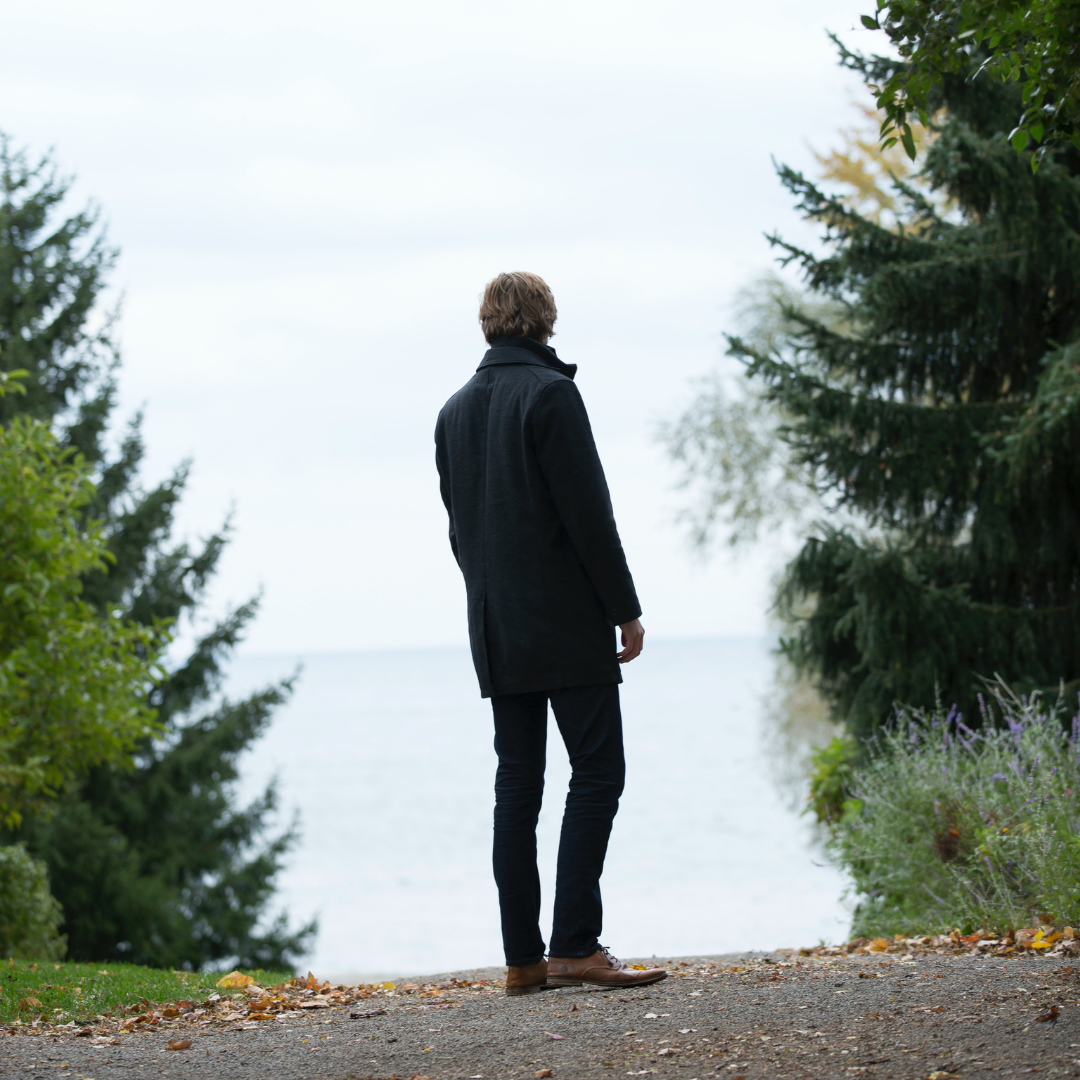
How does anxiety feel?
Let's recognize some of the physical symptoms of anxiety that we normally try to avoid. Doing so can help us better understand and greater tolerate the way our body responds to anxiety.
by Emilie Glen Colsted
How does anxiety feel?
We’re going to tune into some of the physical sensations we normally try to avoid when feeling anxious. Understanding what these symptoms or signs can be, may help us better understand and greater tolerate the way our body responds to anxiety.
Our bodies respond rather quickly and automatically in situations where we feel anxious. We may experience bodily felt sensations like rapid heartbeat, sweating, dizziness and hot flashes.
These sensations typically feel unpleasant and reinforce a sense of danger. During an anxiety attack, we may even believe that we’ll faint, go insane, or even die. And this can in turn make us feel even more afraid and anxious.
But, these bodily reactions are simply part of a survival mechanism called “fight or flight” that prepares our body to take on danger and ensure survival in life-threatening situations.
E.g. if you cross the streets lost in your own thoughts and suddenly see that you’re about to get hit by a car, then the survival mechanism will trigger something close to a superhero like reaction that will quickly get you out of the way and into safety.
We see that the bodily felt reactions of anxiety are actually a sign of your survival system working. If you'd like to learn more about the workings of anxiety, check out this episode of Speaking of Psychology, where professor Bunmi O. Olatunji dives more into the subject, and when it may be time to seek help.
Now, as I said these reactions occur relatively quickly and automatically. Thus our slow-working and more logic-based part of the brain isn’t activated.
This means it’s possible for us to become anxious and experience strong bodily reactions without there being any real danger. Kind of like an overly sensitive smoke detector that sounds an alarm, even when a single candle is being lit.
This also means that we can’t control the way our body reacts when we become anxious. However, our bodily sensations aren’t dangerous and by getting to know them better we can break the vicious cycle of anxiety by not worrying so much about them.
Typical bodily reactions to anxiety
Heartbeat: A lot of people experience increased heart rate when feeling anxious. Our heart will beat hard and fast so that blood is being pumped out to the large muscle groups in order for us to fight or flee.
Dizziness: It’s typical to experience shortness of breath and dizziness while feeling anxious. The reason for this is that our breathing becomes faster in order to increase the oxygen supply to the blood.
Nausea: It’s perfectly normal to experience nausea, dry mouth, and upset stomach while feeling anxious. The reason for this is that our digestive system performance is reducing in order to save energy consumption. And this can result in decreased salivary secreting and inactivity in the gastrointestinal system.
If you want to learn more about typical ways for the body to react to anxiety - like sweating, shaking, blurred vision, and more - then find the tool: Body’s Reaction in the toolbox.


